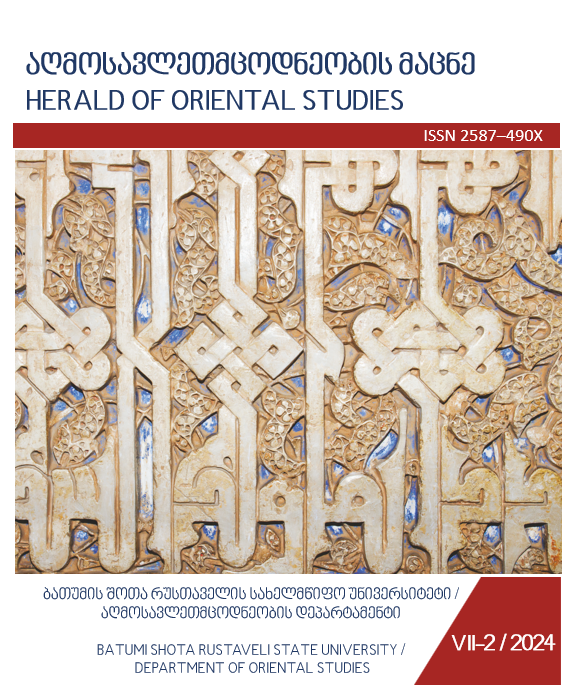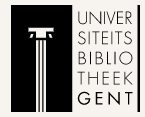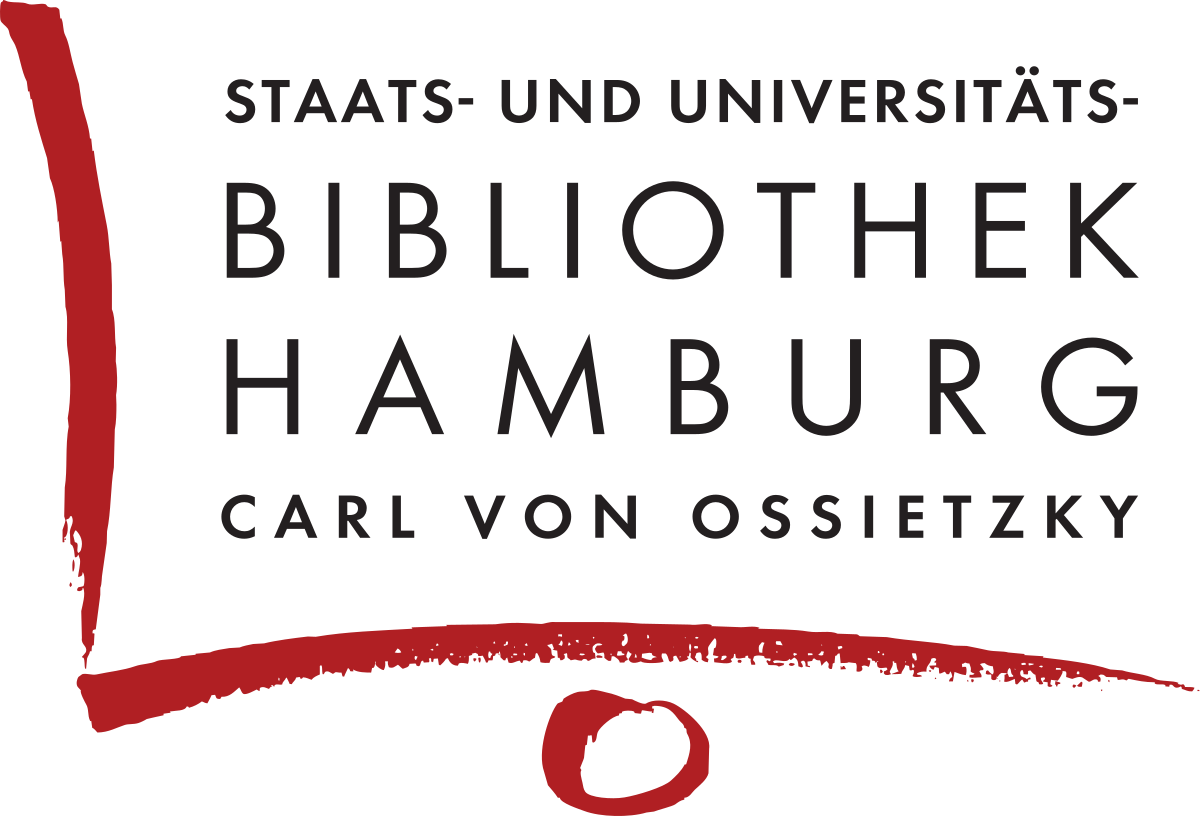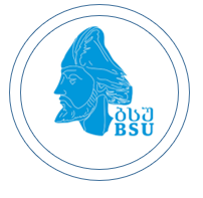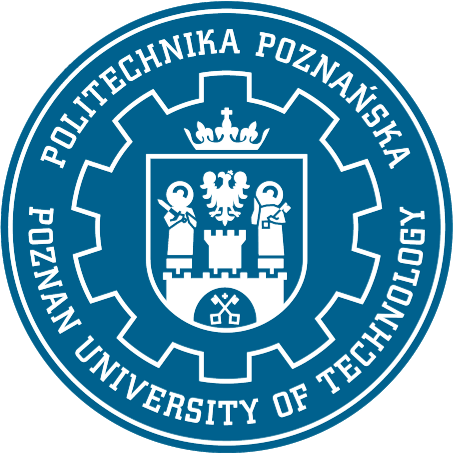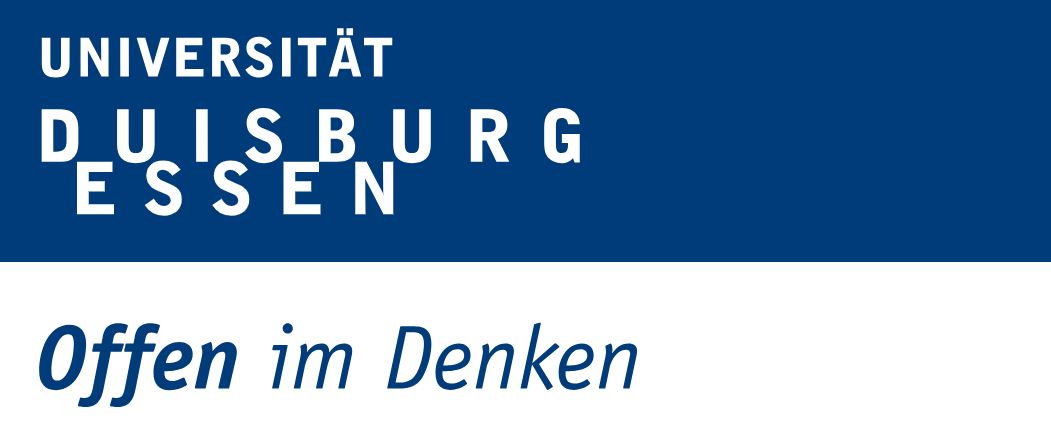1704 Ottoman document about Batumi surroundings (ethnographic aspects)
DOI:
https://doi.org/10.61671/hos.7.2024.8301Keywords:
gruel, Adjara, Chamuri, huskingAbstract
Ottoman records compiled for the purpose of tax collection serve as a crucial source for studying the history, economy, and social conditions of southwestern Georgia during the early 18th century. These records, particularly the “Extensive Record of Batumi Liva” and the “Brief Record of Batumi Liva”, provide valuable insights into grain cultivation practices in the Adjara region. The earliest of these documents dates to 1704, offering a detailed account of agricultural production and its economic implications.
The second document contains records from various periods. According to these records, the Batumi Liva encompassed the present-day city and its surroundings, extending along the Chorokhi Valley to Borchkha and southwest to the Black Sea coast in Lazistan. The document provides a detailed list of villages along with their respective taxes, such as those levied on gruel, corn, and other goods. The aim of our research is to analyse these references from an ethnological perspective.
In the past, cereal crops occupied a vast area within Georgian settlements. Significant accounts of their cultivation are found in ancient Georgian sources, the records of foreign travellers and scientists in Georgia, as well as in the lists of church and monastic beggars from the late 16th and 17th–18th centuries. According to Ottoman sources, gruel cultivation was widespread in Adjara prior to the introduction of maize into agricultural practices. Since then, it has remained one of the population's primary food grains. This study compiles ethnographic information on the cultivation and processing of gruel, its varieties, culinary uses, and associated rituals, integrating these findings with topographical and archaeological data.

